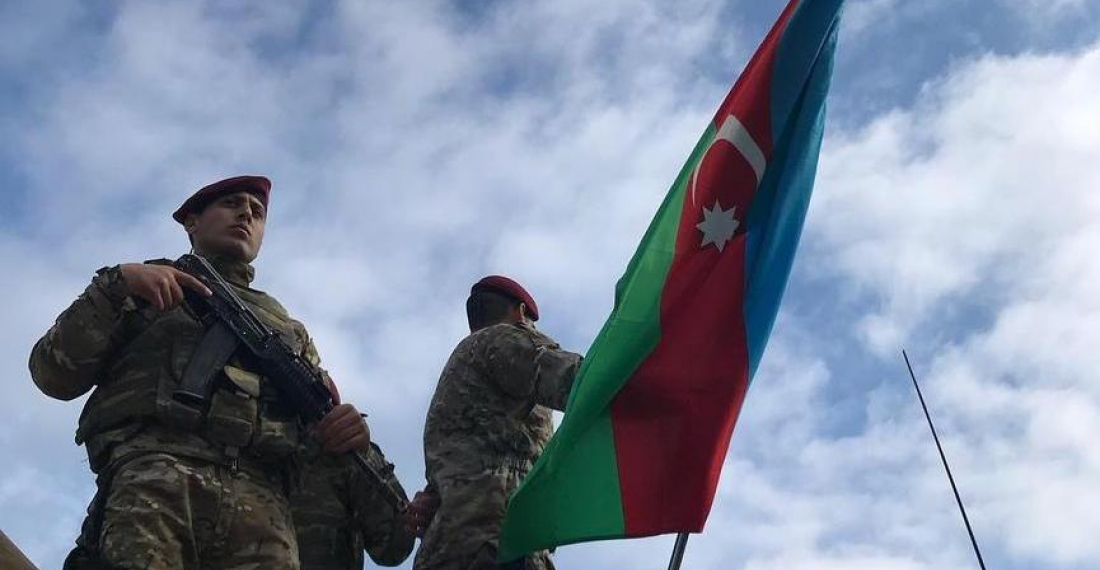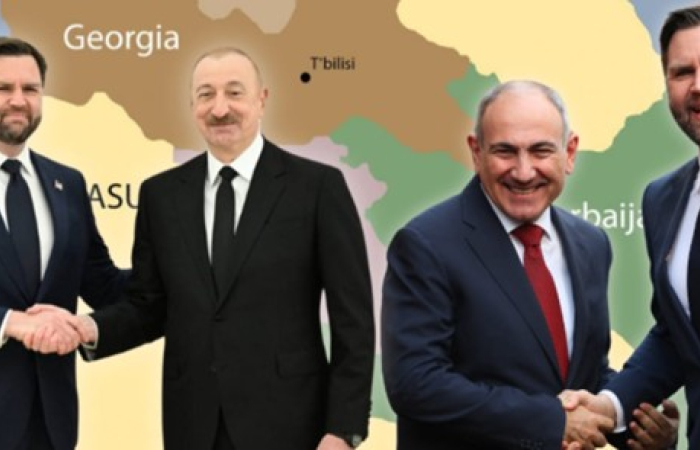This afternoon (3 December), Azerbaijan announced that 2783 of its soldiers had been killed during its recent conflict with Armenia over the disputed enclave of Nagorno-Karabakh. It also reported that over 100 of its soldiers are still missing, and 1245 are currently undergoing medical treatment.
Up to now, Azerbaijan had not formally announced its death toll during the 44-day war, which ended on 10 November due to a Moscow-brokered ceasefire agreement.
Azerbaijani President Ilham Aliyev has announced a minute’s silence at 12:00 (08:00 GMT) on Friday 4 December, to remember those that have died.
Yesterday (2 December), the Armenian Ministry of Health confirmed the deaths of 2718 Armenian soldiers in the recent fighting.
Whilst civilian deaths are not yet clear, official reports exceed 140 people in total from all sides.







